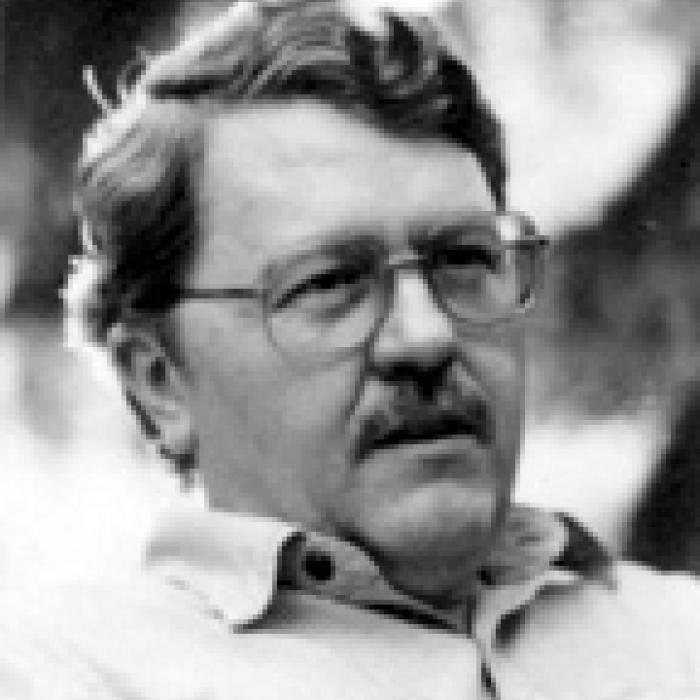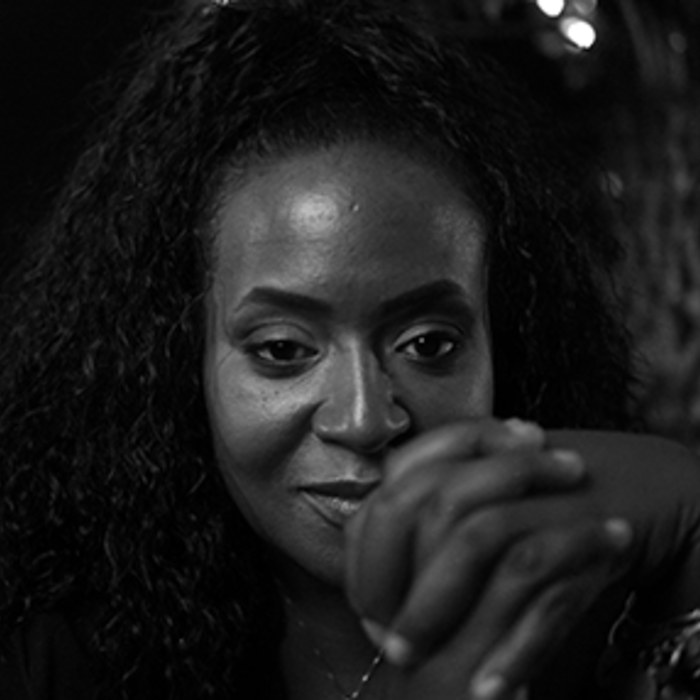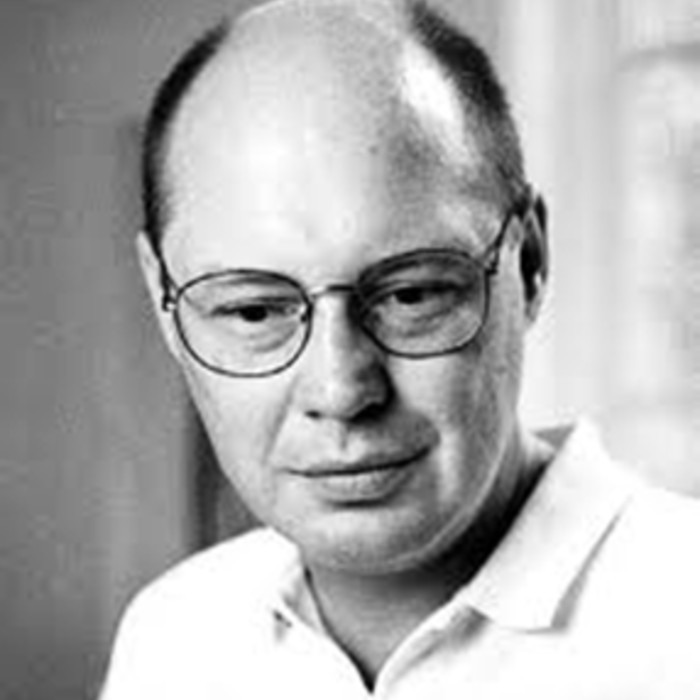State Poet Laureate
In 2014, Ohio established a state poet laureate position, which is currently held by Kari Gunter-Seymour was appointed the poet laureate of Ohio. Gunter-Seymour is the author of A Place So Deep Inside America It Can’t Be Seen (Sheila-Na-Gig Editions), which was the winner of the 2020 Ohio Poet of the Year Award and long-listed for the 2020 Julie Suk Award.
City and County Poets Laureate
Cuyahoga County
Honey Bell-Bey was appointed the poet laureate of Cuyahoga County in January 2020, the first poet in sixteen years to hold the position.
Cincinnati
In 2025, Richard Hague was named poet laureate of Cincinnati, Ohio, through 2027.
Cleveland Heights
In 2025, Michelle R Smith was named poet laureate of Cleveland Heights, Ohio, through 2027.



